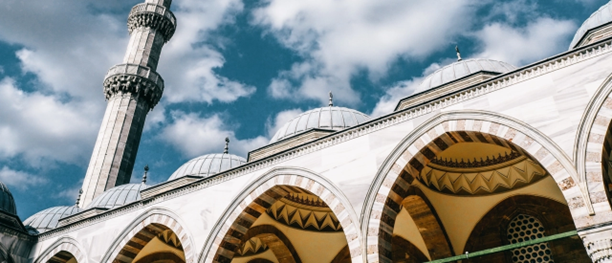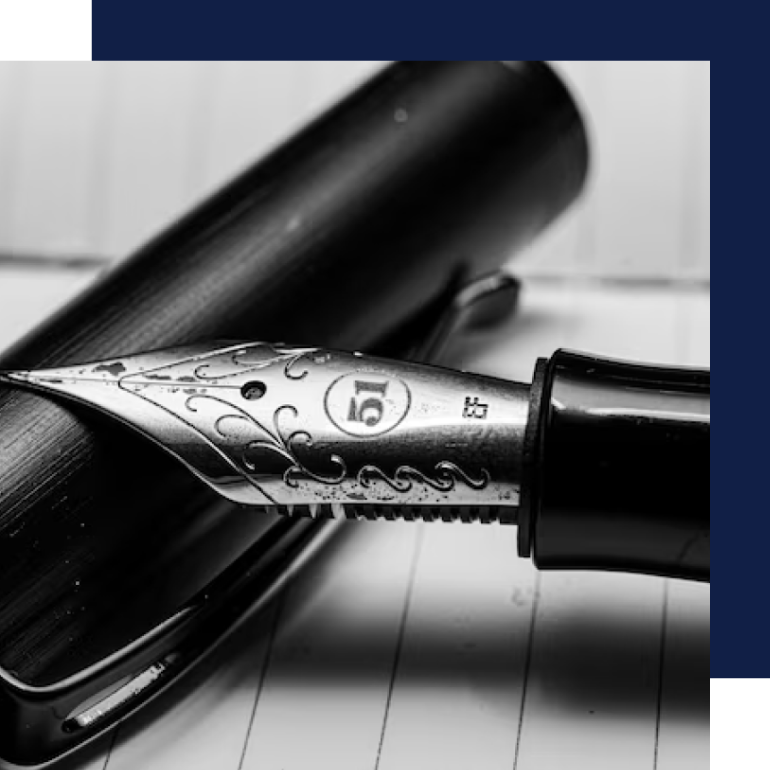
Securely protect your valuable assets through our trusted custodial service.

Plan the seamless distribution of assets upon your demise with our testamentary trust services.

As impartial intermediaries, we manage and hold assets or funds on behalf of multiple
parties, fostering trust and transparency.

Safeguard and manage family assets through our dedicated family trust service.

We assist in managing trust for asset protection, estate planning,
tax
optimization and wealth management, ensuring confidentiality and privacy.

Our expertise covers services for bond issuance, securitization, employee benefits,
and corporate needs, ensuring compliance and safeguarding all parties’ interests.
At Arkwood Trustee (M) Berhad, we are committed to adhering to Shariah-compliant practices with a high level of integrity and diligence in all aspects of estate preparation and execution. We prioritise ethical and Islamic financial principles in every action we take.
To maintain the highest standards of Shariah compliance, we have appointed MHA Strategic & Risk Enterprise as our panel of Shariah advisors. This esteemed panel of experts, known for their experience, qualifications, and insight, is tasked with ensuring our operations consistently meet Shariah guidelines.
The authority of our Shariah Panel is unparalleled, directly impacting our ability to provide services that fully comply with Shariah principles. This level of expertise and dedication offers our clients the assurance that their affairs are managed in harmony with Islamic values, ensuring peace of mind.

Reach out to us today to embark on a journey
of seamless assistance tailored to your needs.

A Trust is a fiduciary arrangement whereby an individual or a corporate entity (the Settlor) transfers legal ownership of their asset(s) to the trustee. A Trustee manages and holds these assets for the benefit of others known as the beneficiaries.
A Trust serves as a valuable legal framework for effectively managing, safeguarding, preserving, or distributing your financial resources and investments. Additionally, it can be strategically structured to prepare for unforeseen circumstances, such as severe illness or other catastrophic events. The legal process involved in establishing a Trust entails the Settlor transferring their assets, which may include shares, monetary assets, or other forms of property, to a Trustee. Subsequently, the Trustee holds these assets in Trust for the benefit and enjoyment of the designated Beneficiaries.
It’s important to note that the Trustee may be subject to specific restrictions outlined by the Settlor, such as limiting the release of funds for specific purposes or in predetermined stages. Furthermore, the Trustee operates within the framework of legal constraints and regulatory requirements that govern the exercise of their powers.
Asset Protection: By transferring assets into a Trust, the Settlor waives legal ownership, safeguarding these assets against creditors and future claims. This protection extends while allowing the Settlor to receive discretionary income and principal distributions.
Beneficiary Safeguard: Trusts are beneficial when Beneficiaries lack the ability to manage assets independently. The Settlor retains control over disbursements, ensuring the proper handling of funds by the Beneficiary.
Exempted from Shariah Law: Trusts created by Muslim Settlors are exempted from the Syariah Law for Muslim property distribution, alleviating concerns about forced heirship legislations as imposed by Civil and Syariah Law.
Avoidance of Probate: Trust assets are not frozen upon the Settlor’s death, eliminating the need for probate proceedings. This allows for immediate distribution without the associated costs, delays, and publicity.
Protection from Bankruptcy: Trusts shield assets in the event of Beneficiary’s bankruptcy, assuring continued income under the Trust.
Confidentiality: Private Trusts offer a high level of confidentiality. The contents of the Settlor’s assets and the identity of Beneficiaries remain private, avoiding public record through probate proceedings.
Tax Benefits: Properly structured Trusts provide tax exemption availability. For instance, there is no stamp duty on asset transfers within a Trust Deed, and real property gains tax exemption apply to the disposal of chargeable assets to a Trust in Malaysia.
A Trust is a powerful mechanism to safeguard your wealth. Unlike a Will, it shields your assets from creditors after your demise. A Trust offers various estate planning options that go beyond what a Will can do, helping you preserve and secure your legacy.
Certainly, Trusts can be created by both Muslims and non-Muslims.
In Malaysia, an individual has the legal right of owning a property at the age of 18. However, the Settlor has the option to defer the release of assets to a later date, which must be clearly stated in the Trust Deed.
If a minor Beneficiary is designated in the Trust, the Trustee will hold the Trust property on behalf of the minor until they reach the age of majority or as specified in the Trust provisions.
The Settlor is free to designate anyone as beneficiary, including themselves, but they cannot be the sole beneficiary.
Yes, the Settlor can amend, modify, or terminate the Trust provided it is a Revocable Trust.
A Revocable Trust allows the Settlor to change or revoke it at any time, while an Irrevocable Trust cannot be altered by the Settlor. To revoke an Irrevocable Trust, the Settlor must transfer all assets to the intended Beneficiary.
For a Trust to be valid, these three requirements must be met:
Clear Intention – The Settlor must explicitly state in the Trust Deed their intention to create a Trust and to transfer ownership of the property to both the Trustee and the Beneficiary.
Clear Subject (Trust Property) – The Trustee must possess a precise understanding of the assets held within the Trust and the specific entitlements of each beneficiary.
Clear Object (the Beneficiary) – The Trust must have identifiable and certain beneficiaries.
*Beneficiaries in a Trust can be individuals selected by the Settlor, and do not necessarily have to be related to the Settlor.
In Malaysia, a Trust can continue up to 80 years, as outlined in the Trust.
The Rules against Perpetuity are applicable to Trusts, ensuring that the distribution of assets to Beneficiaries doesn’t occur too far in the distant future or that income isn’t accumulated for a prolonged period.
The duration of a Trust may be determined by:
Any property held in Trust by a Trustee is held for the benefit of the Beneficiaries. These assets are kept in separate Trust accounts, distinct from the Trust Company’s assets. Consequently, in the event of a Trustee’s bankruptcy, the Trust property remains protected and is not transferred to the Director General of Insolvency. Instead, a new Trustee will be appointed to continue overseeing the Trust.

We safeguard your legacy,
nurture your dreams,
empower your financial future.
© 2023 | Arkwood Trustee (M) Berhad. All rights reserved.